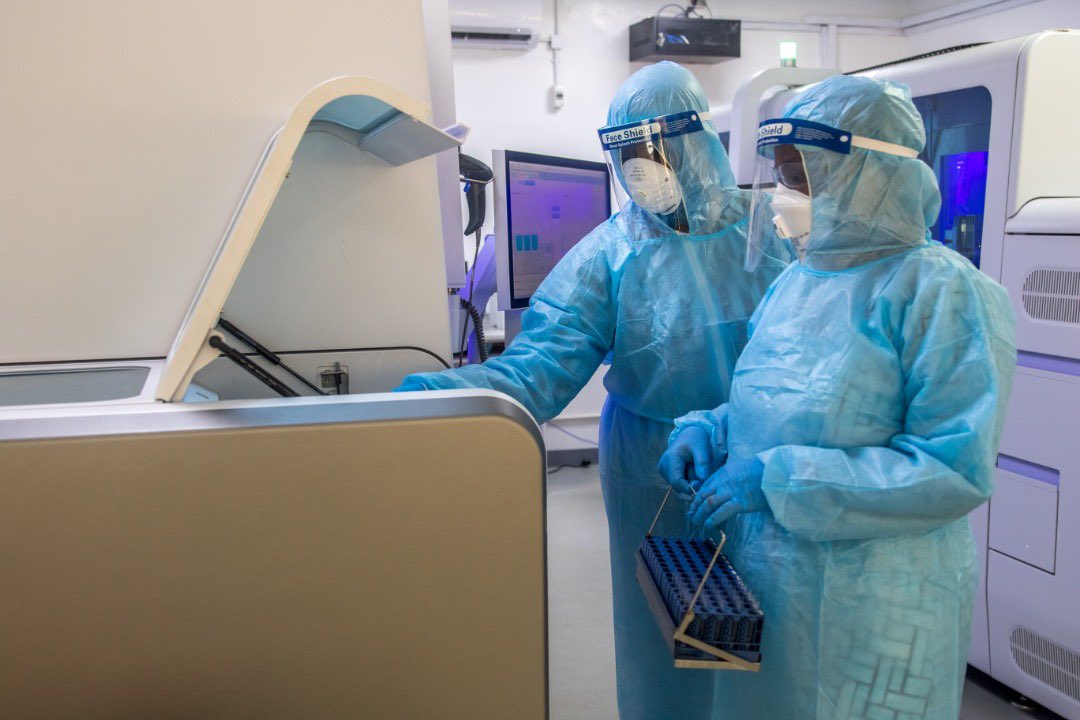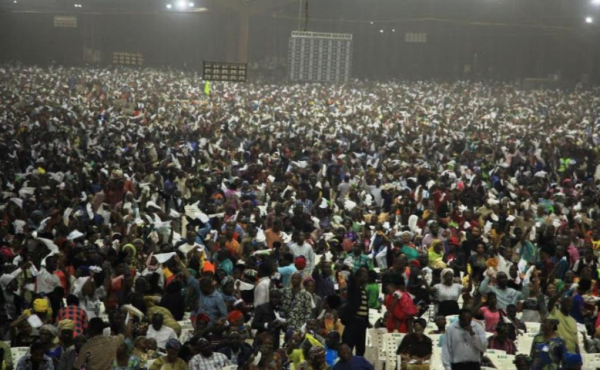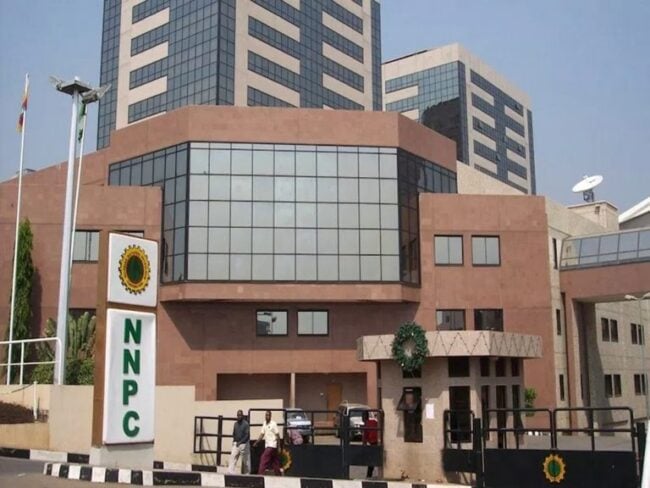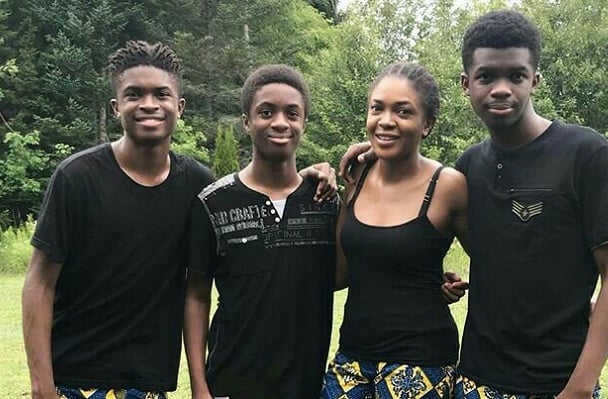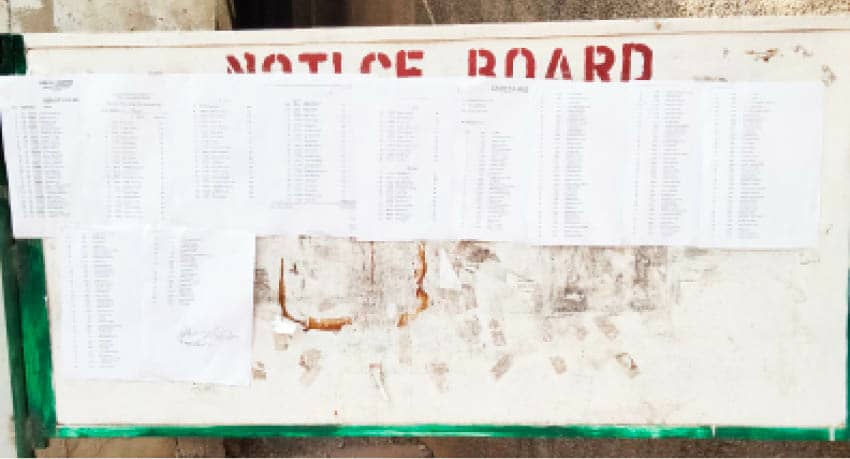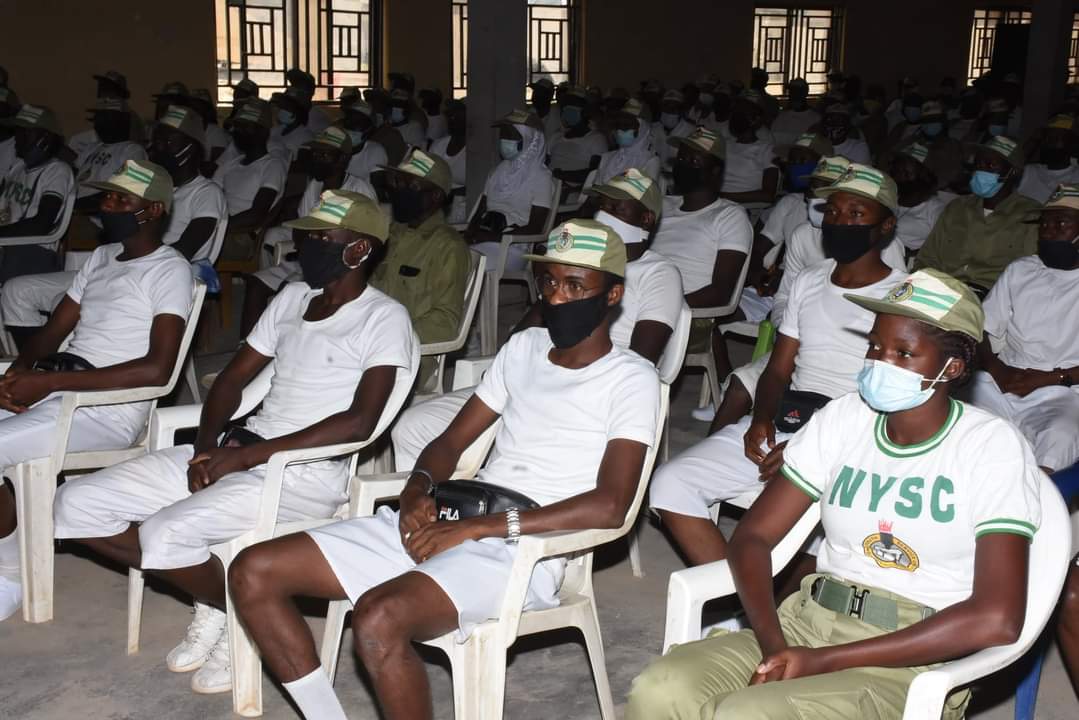Photo: NCDC
The day was February 28, 2020. Time: 12:36am. Word count: 47. In what would herald a major defining moment of reality, Osagie Ehanire, minister of health, took to Twitter to announce Nigeria’s index case of the coronavirus, ultimately changing the course of the new year for Nigeria, as it did the world.
“The Federal Ministry of Health @FMoHNigeria has confirmed a coronavirus disease #COVID19 case in Lagos State. The case, which was confirmed on the 27th of February 2020, is the first case to be reported in Nigeria since the beginning of the outbreak in China in January 2020,” the tweet on the minister’s personal handle reads.
The Federal Ministry of Health @FMoHNigeria has confirmed a coronavirus disease #COVID19 case in Lagos State.
The case, which was confirmed on the 27th of February 2020, is the first case to be reported in Nigeria since the beginning of the outbreak in China in January 2020. pic.twitter.com/cMf3NnkU0x— Dr. E. Osagie Ehanire MD, FWACS (@DrEOEhanire) February 27, 2020
Advertisement
Interestingly, so did Ehanire’s social media activity change. Before that February 28 tweet, aside from a post two weeks before which provided an update on the country’s preparation for COVID-19, the health minister had taken a three-year break from his personal Twitter handle.
It wasn’t just Ehanire who was a major pointer for the latest on the virus; Chikwe Ihekweazu, director-general of the Nigeria Centre for Disease Control (NCDC), also sat at the top of the list. And along with other members of the presidential task force (PTF) on COVID-19, as well as related stakeholders, Nigeria began the race against time to effectively battle the pandemic.
Advertisement
Ten months into the coronavirus state of affairs, and with every aspect of the polity feeling the heat — politics, business, sports, religion, entertainment, among others — Nigeria’s experience has weaved through humour, disbelief, controversy, grief, and finally to hope. Below is a glimpse into the journey so far.
THE ITALIAN’S ‘DRIVER’, 5G CONSPIRACY, AND THE FAKE NEWS PANDEMIC

Long before COVID-19 stepped on Nigeria’s shores, fake news pranced around the country, especially on social media. During the Ebola pandemic, there were many theories shared across various social media platforms – especially on Whatsapp and Facebook – attributing unverified claims to official sources. This coronavirus period has proved no different. Hours after an Italian was confirmed as Nigeria’s first case, the photograph of his supposed “driver” named as Adewale Isaac Olorogun, became the next big thing, followed by a message that he had threatened to spread the virus if he wasn’t paid N100 million. It turned out that the photograph of “Olorogun” was actually that of Jude Ikuenobe, who lived miles away in Benin and had never come in contact with the Italian.
Advertisement
When that eventually petered out, other unsubstantiated theories followed. From the acclaimed WHO audio recording on millions of Nigerians projected to die of the virus, to the unprescribed Chloroquine doses and the hot weather’s blasting abilities, the fake news sensation only served to aggravate already-heightened tempers. Then came the 5G conspiracy, with renowned preachers such as Chris Oyakhilome, founder and president of LoveWorld Incorporated better known as Christ Embassy, caught in the rubble of varied bogus assertions.
A MARCH INTO GRIEF
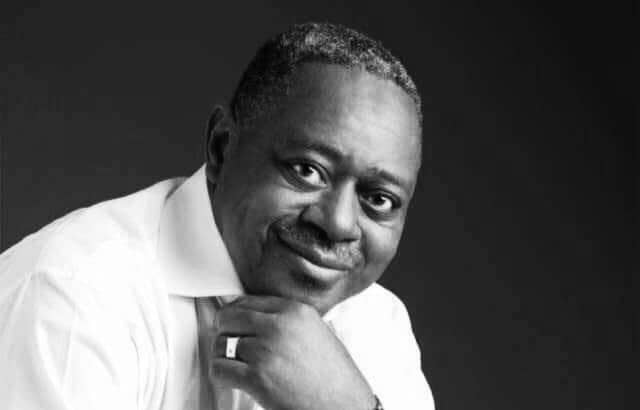
March 22 brought with it the country’s first death arising from coronavirus complications – the victim was Suleiman Achimugu, former managing director of the Petroleum Products Marketing Company (PPMC), said to have been undergoing chemotherapy for cancer and had returned to the country recently. Then other sad occurrences followed, with the toll hitting the 1,000 mark on August 23, 2020. As of December 27, 2020, over 1,200 deaths have been recorded in the country. Abba Kyari, chief of staff to President Muhammadu Buhari; Chugbo Emeka, a medical doctor; Abiola Ajimobi, former Oyo governor; Solomon Ogunji, Abia commissioner for environment, among others, are some of those who lost the battle to COVID-19.
Advertisement
KOGI, CROSS RIVER AND THE ‘MAGIC’ OF ZERO INFECTIONS
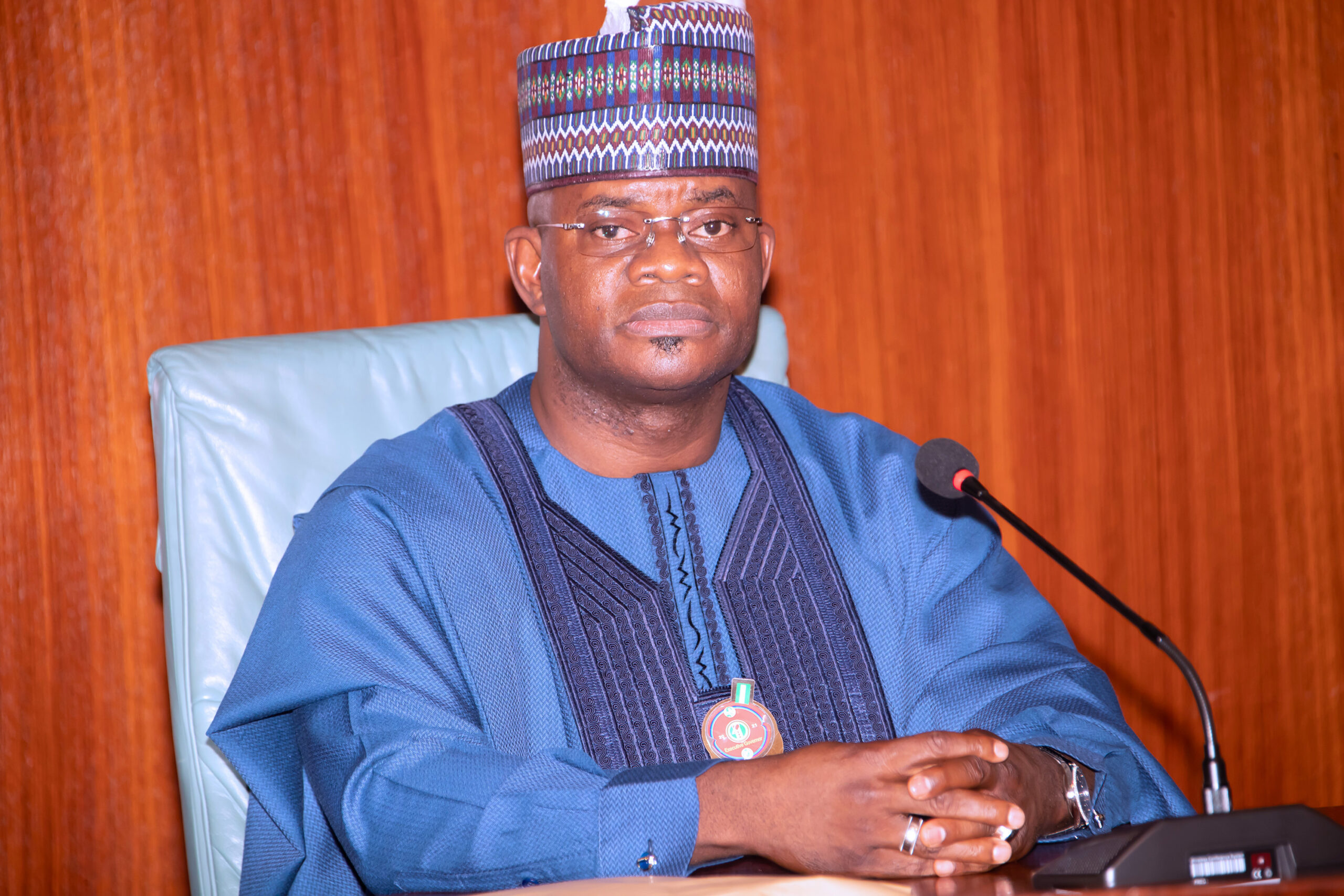
While other states struggled to come to terms with discovering coronavirus infections, somehow, Kogi and Cross River stayed outside the radar and both states maintained zero confirmed cases for months after February 27, 2020. Kogi, however, recorded its first two cases on May 27. However, this was not without some drama as the state not only refused to cooperate with NCDC officials on testing, the government denied the existence of the virus in Kogi. And to crown it all, Yahaya Bello, governor of Kogi, was given an award by the government house press corps for “demystifying COVID-19 politics”, despite testing less than 500 samples as of December 19 – out of a population of over four million people. Kogi is the only state in Nigeria that has tested less than 1,000 samples. Cross River, the last state to record positive cases, joined the list on July 6, and has currently tested a little over 2,000 samples.
Advertisement
MADAGASCAR REMEDY, TRUMP’S VENTILATORS, THE ‘MISSING’ CHINESE TEAM

Aside from money donated to the federal and state governments, the country also received support in the form of medical supplies and health workers drafted from foreign countries. However, there were a few actions that were trailed by controversies. Ehanire had initially said a team of doctors from China was expected in Nigeria. On April 8, the Chinese team landed in the country, but days later, the health minister said he didn’t know their whereabouts. After much back and forth, Michael Yigao, managing director of China Civil Engineering Construction Corporation (CCECC), clarified that the Chinese medical officials that arrived the country were in the company’s care.
Advertisement
And then there was the matter of Trump’s ventilators. In April 2020, Lai Mohammed, minister of information, said US President Donald Trump promised to send ventilators as part of efforts to assist the country’s fight against COVID-19. Trump, at a press briefing aired on Fox News, confirmed the plan to send ventilators to Nigeria, saying: “I spoke today to Nigeria. They’ll do anything for ventilators. We’re going to send at least 200 ventilators to Nigeria; probably more than that.” The ventilators finally reached Nigeria’s shores — after almost four months.
But the drama on donations wasn’t done yet. In May, Boss Mustapha, secretary to the government of the federation (SGF), said the president had directed officials to pick up samples of Covid-Organics, a self-proclaimed plant-based remedy for coronavirus which had been donated by Madagascar. However, not only did the federal government eventually declare the remedy ineffective against the virus, Madagascar was said to have recorded a significant increase in its number of confirmed cases months after the launch of the drink.
Advertisement
BUHARI FINALLY WEARS A FACE MASK!
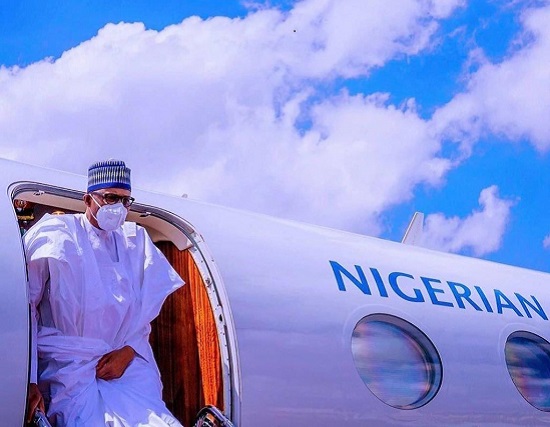
For President Muhammadu Buhari, it took almost five months after Nigeria confirmed its first case before he was finally pictured wearing a face mask — although he strictly observed the rules on social distancing. Before then, he had held meetings — including with the PTF that had insisted on compulsory use of face masks in public — and not once was he seen wearing a face mask. However, on July 23, 2020, that changed when he flew to Mali on a one-day visit. Meanwhile, no explanation has been given till date on why the number one citizen in Nigeria prefers to make mask-wearing in public optional.
‘SUSPENDED’ GATHERINGS, ELECTIONS IN A PANDEMIC, BUT OYEDEPO ‘SMELLS A RAT’
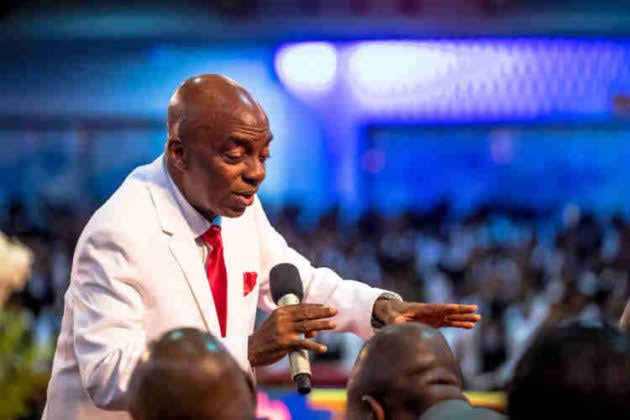
For the first time in decades, Nigerians did what may have been previously unimaginable – there was a complete ban on gatherings such as parties, churches, political campaigns. Not even with the total lockdown declared in March — in Lagos, Ogun and the FCT — or the ban on interstate travel. Gatherings eased back to life despite repeated cautionary messages. In fact, despite the migration of many banking services online, and the ceaseless promotion of the cashless policy, immediately the lockdown was lifted, banking halls witnessed long queues, with complete disregard for physical distancing.
The political circle was not left out. Despite repeated warnings by the PTF on enforcing strict measures during governorship campaigns and at polling centres, things went on as usual with fanfare and governors showing full support by campaigning to large gatherings. On election day in Edo and Ondo states, the Independent National Electoral Commission (INEC) did not do much to impose sanctions on voters who failed to adhere strictly to COVID-19 protocols.
And for the religious centres? While some preachers welcomed the ban on physical services and explored other broadcast alternatives, pastors like David Oyedepo of the Living Faith Worldwide, could “smell a rat”, and insisted that the directive on banning physical worship is “the voice of darkness influencing people at various levels… because the growth and expansion of the church is the greatest headache of the devil”.
HURRAY! VACCINES COMETH TO TOWN

After the development of test kits, procuring and producing PPEs, and ensuring that the health sector stays outside the overwhelmed zone, vaccines rolled into view. Russia, China, US and the UK are countries that have announced approval of vaccines, with more alternatives still in the works. However, as of this time, Nigeria hasn’t decided which would be procured in line with the COVAX initiative, a collaboration by the World Health Organisation (WHO) and other major stakeholders in global health to ensure equitable access to COVID-19 vaccines. The health ministry has announced that 20 million doses would be purchased initially, but according to Olorunnimbe Mamora, the federal government is yet to finalise on how exactly to effectively distribute the doses, which can only cover roughly one-tenth of the country’s population.
AND NOW, THE SECOND WAVE
With the first batch of palliatives distributed — even if the items catered to far below one-tenth of the country’s over 200 million people — when Nigeria confirmed its first case of COVID-19, the global statistics stood at around 80,000, with over 30,000 recoveries. However, 10 months after February 27, the global figure has risen significantly to more than 80 million, although with over 55 million recoveries. But the death toll has currently exceeded 1.5 million. Nigeria has now confirmed over 85,000 infections, but more than 70,000 people have recovered.
Between September and November, the figures eased downwards, dropping to as low as 56 new positive samples on November 23. But that has now reversed as the country entered a second wave, with Nigeria exceeding 1,000 infections for the first time ever in the daily count within the past two weeks. The number of daily deaths has also risen significantly. Restrictions have been relaxed across many sectors, but the federal and state governments have issued new protocols to limit the spread of the virus.
As the figures continue to hover on the high side, many residents have openly flouted the guidelines, and it remains to be seen if the country can successfully manage this renewed onslaught. Outside the theatrics, politics and the hopeful acquisition and large-scale distribution of vaccine doses, fingers remain crossed that going by the words of Boss Mustapha, chairman of the presidential task force (PTF) on COVID-19 — “The protection of Nigerians remains our primary concern and we reassure Nigerians of our resolve not to relent” — the country will overcome.
Add a comment
